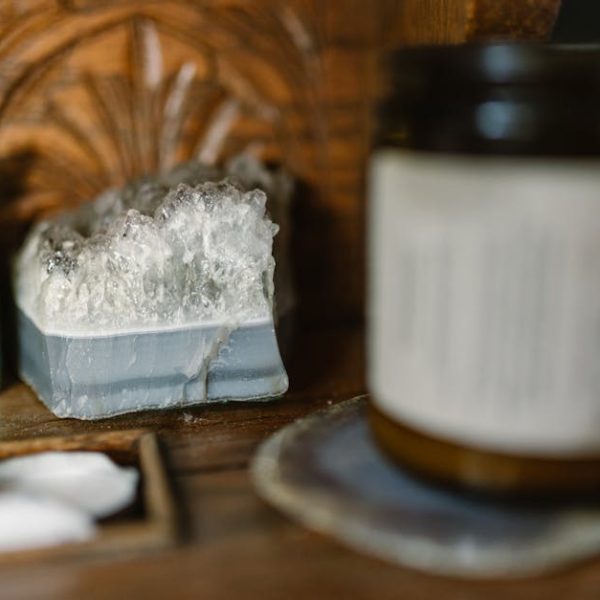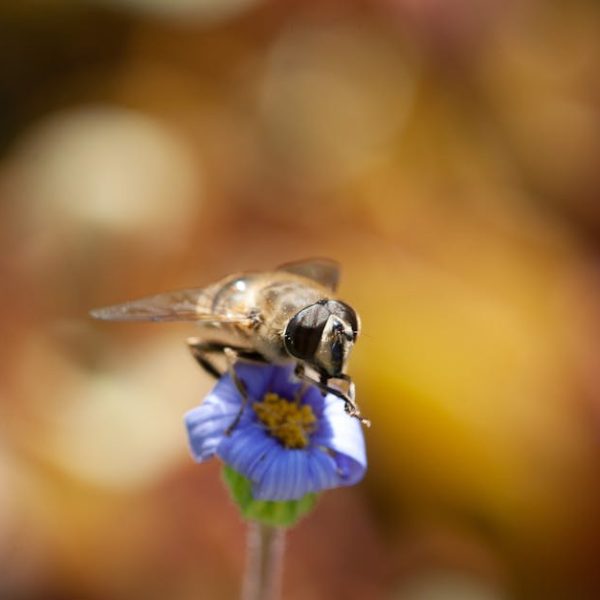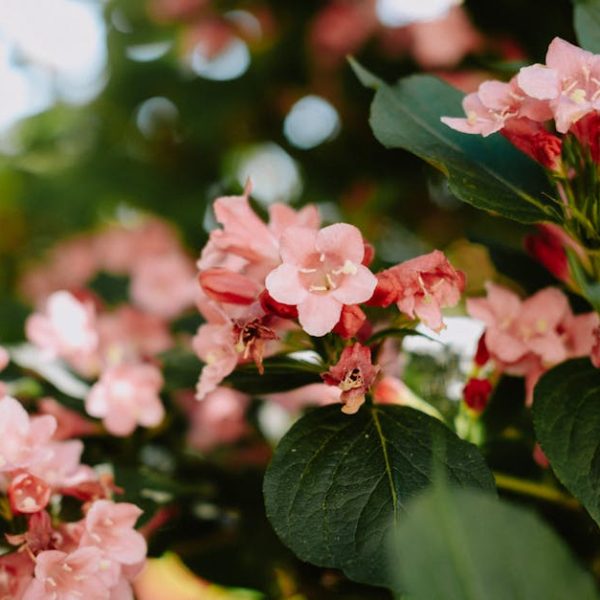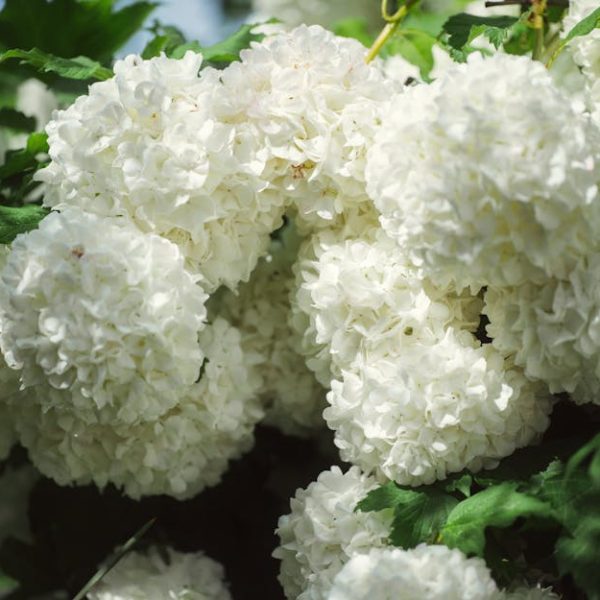Absolutely, neem oil can be an efficient and environmentally friendly fungicide, providing an organic solution for diverse types of plant fungi. Besides having fungicidal properties, neem oil also offers a plethora of benefits such as being pesticide, germicide, and insecticides. This article aims to delve into the depths of neem oil’s abilities, various methods of its application, its benefits, limitations, and safety considerations.
Understanding Neem Oil and its Components
Neem oil is a natural byproduct of the neem tree, native to the Indian subcontinent. Hailed for its medicinal properties for millennia, it’s particularly noted for the presence of a compound called Azadirachtin, which plays a key role in providing anti-fungal, insecticidal, and antibacterial properties. Here is a succinct list of core ingredients found in neem oil:
- Azadirachtin: The most active ingredient, instrumental in repelling and killing pests.
- Nimbin: Anti-inflammatory and antiseptic.
- Picrin: Anti-fungal compound.
- Sialin: Antipyretic & analgesic properties.
*Pro tip:* Always ensure to source high-quality, pure neem oil. The effectiveness of neem oil as a fungicide is highly reliant on the quality you obtain.
The Antifungal Properties of Neem Oil
Unveiling the effectiveness of neem oil as a fungicide, it works by disrupting the life cycle of fungi on your plants. The primary active ingredient, Azadirachtin, inhibits the growth of the fungus by stunting cell growth and preventing spore germination.
To harness the power of neem oil as a fungicide, it is recommended to use a neem oil spray, applying it thoroughly and directly to the affected areas of the plant. This should be done early in the morning or late in the afternoon to prevent sunburn on your plants and repeated every week for at least a month.
When compared to other commercially available fungicides, neem oil stands out as a natural, non-toxic alternative that is safe for beneficial insects and our ecosystem.
Types of Fungi that Neem Oil can Control
Neem oil is particularly effective against common garden fungi including powdery mildew, black spot, and leaf spots. Here is a brief list of fungi that neem oil can control:
- Powdery Mildew
- Rust
- Black Spot
- Botrytis
- Leaf Spot
*Pro tip: Early signs of these common garden fungi include yellowing leaves, spots on leaves, and stunted growth of the plant. By recognizing these signs early, you can prevent fungi from spreading and causing further damage.
Benefits and Limitations of Using Neem Oil as a Fungicide
Neem oil ticks many of the right boxes as an organic fungicide. It’s a non-toxic, environmentally friendly, and effective method to control fungi. However, like all good things, it does have limitations. It works over time and requires consistency, which might not appeal to people seeking immediate results.
As a gardener, considering these factors will help inform your decision for the best care of your garden plants.
Safety Consideration when Using Neem Oil
While neem oil is a natural and eco-friendly choice, safety precautions must be exercised while using it. Keep in mind that neem oil in its undiluted form is potent and can cause irritation to the eyes and skin. Always use gloves and avoid contact with the eyes when applying neem oil. Although beneficial around plants, bees, and other pollinators, it can be toxic to aquatic life, so avoid any runoff into bodies of water.
Best Practices include:
* Dilute neem oil properly before using it on your plants. A typical solution consists of 2% neem oil (that’s about 1 ounce of neem oil for a gallon of water)
* Spray your plants either early in the morning or late in the evening to prevent sunburn.
* Never apply during midday as it can cause plants to burn.
*Pro tip:* In case of accidental ingestion or exposure to neem oil, rinse thoroughly with water. If any adverse reactions occur, contact a healthcare professional immediately.
So, a ringing ‘yes’ to the question, can neem oil act as a fungicide for garden plants? It’s a wonderful, natural way to keep your garden fungus-free. Do remember that like any other treatment, it has to be applied consistently and as per guidelines for effective results. Happy gardening!
Key Takeaway:
- Neem oil, native to the Indian subcontinent, contains Azadirachtin, a compound with remarkable anti-fungal, insecticidal, and antibacterial abilities.
- As a fungicide, neem oil disrupts the life cycle of fungi, inhibiting cell growth and spore germination.
- Neem oil is particularly adept at controlling common garden fungi such as powdery mildew, black spot, and leaf spots.
- Given its non-toxic and environmental-friendly nature, neem oil is a safer alternative to commercial fungicides.
- While using neem oil, safety precautions including dilution and proper application time should be strictly followed to protect both the user and the environment.
By understanding the antifungal properties and correct use of neem oil, garden enthusiasts can combat plant fungi naturally and safely. Consistent applications over time will produce the best results, ensuring a vibrant, healthy garden.
FAQs
Q: Can neem oil harm my other garden plants when used as a fungicide?
A: No, when properly diluted and applied, neem oil should not harm your other garden plants. It’s recommended to sparingly test it on a small area first if you are uncertain.
Q: Can I use neem oil on any type of plant?
A: While neem oil is generally safe for most plants, some plants might be sensitive to it. Always check the plant’s specific care guide or consult a horticultural expert.
Q: Can neem oil treat pests in my garden as well?
A: Yes, the Azadirachtin present in neem oil is known for its insecticidal properties, making the oil effective in dealing with various garden pests.
Q: How fast does neem oil work on fungi?
A: Neem oil acts gradually rather than immediately. Regular application over a period of at least a month is usually required for visible results.
Q: Can I store mixed neem oil solution for future use?
A: It’s best to use a freshly prepared solution each time. Unused solution can degrade over time and lose its effectiveness.
If you found this article insightful, feel free to share it among your networks. For more gardening tips and advice, continue exploring our website posts. Enjoy your happy, healthy gardening journey!






